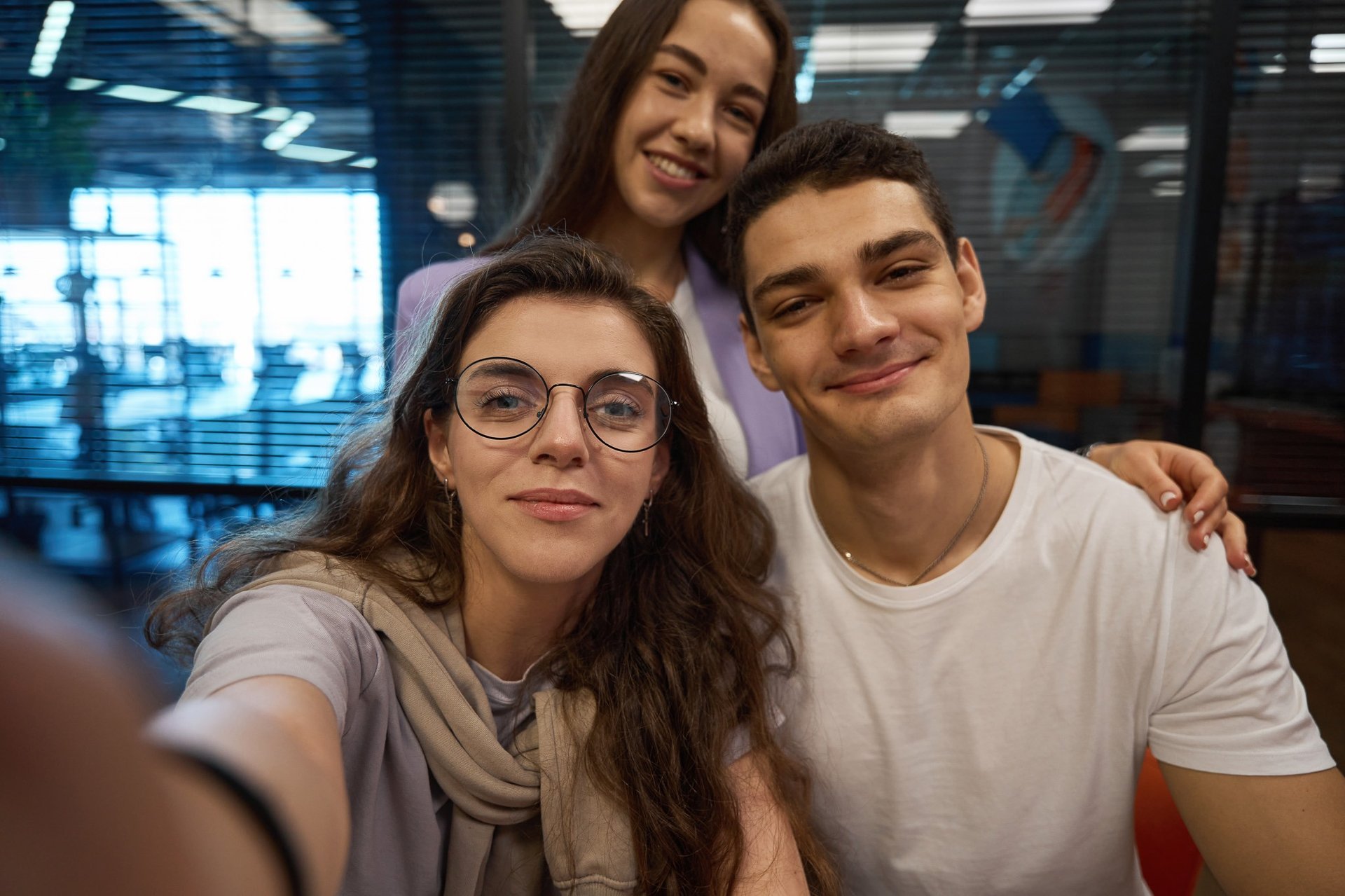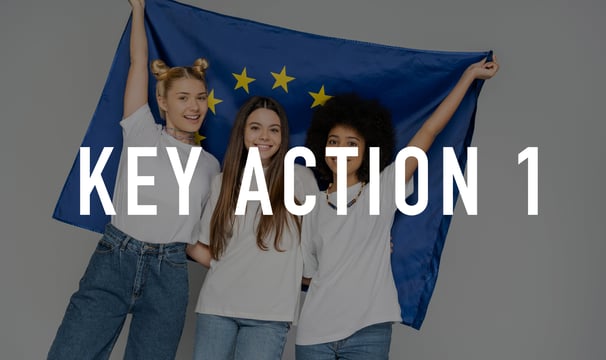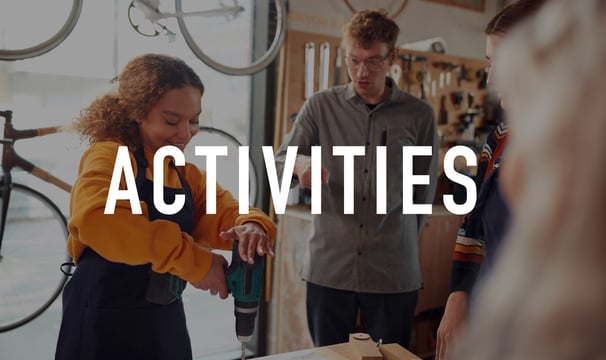
International Youth Exchanges
The ERASMUS+ Program
The ERASMUS+ program is a key component of the TERRA MEA Foundation's activities, aimed at supporting international school youth exchanges. Through active participation in ERASMUS+ projects, we strive to create opportunities that enable students to gain new experiences, develop language skills, and build international friendships. This program allows young people to explore different cultures, fostering understanding and tolerance while enhancing social and intercultural skills.
Our goal is to prepare young people for the challenges of the modern world, promote European values, and increase their educational mobility. Participation in exchange programs offers students not only the chance to acquire knowledge and practical skills but also to learn about educational systems in other countries. The Foundation seeks to support both students and teachers to enrich the educational process and collectively foster understanding and collaboration in the spirit of European unity.


What is Key Action 1?
Key Action 1 (KA1) is a part of the Erasmus+ program that offers opportunities for educational mobility to students, teachers, educators, and young people. KA1 is an excellent opportunity for individuals interested in gaining international experience, improving language skills, and exploring other cultures. KA1 is aimed at high school students, university students, teachers, educational staff, and youth workers.


The main objectives of KA1
Educational Mobility: KA1 supports international exchanges for students, teachers, and those working in education. This mobility enables participants to study, train, conduct research, or gain professional experience abroad.
Personal and Professional Development: The program aims to develop participants' skills, enhance their adaptability, language proficiency, and intercultural awareness.
Inclusion and Equal Opportunities: KA1 strives to make educational mobility accessible to individuals with fewer opportunities by providing financial support and organizational assistance.
Youth Exchanges: Short-term meetings of groups of young people from different countries aimed at developing social skills, exploring other cultures, and engaging in non-formal learning.
Mobility of Students and Educational Staff: Students can study at schools in other countries, while teachers can participate in training sessions, workshops, or teach abroad.
Internships and Work Placements: Students and vocational education learners can gain professional experience in international organizations.


